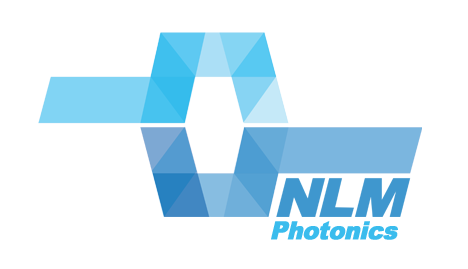Pushing the Thermal Limits of Organics Using Machine Learning
NLM and NREL awarded the Department of Energy’s Office of Science grant for software development.
March 22, 2021 — Nonlinear Materials Corporation (NLM) announces a jointly awarded grant with the U.S. Department of Energy’s (DOE) National Renewable Energy Laboratory (NREL) to build and use machine-learning software to predict thermal limits for conjugated organic materials used in high-performance computing. The Phase I Small Business Technology Transfer grant was awarded by the DOE’s Office of Science for a total of $230,000.
Questions around pushing the thermal limits of organic materials in electronics and photonics remain a barrier around their adoption. NLM and NREL both believe these limits are much higher than current models and lab tests show, especially as the technology refines. While organic light-emitting diodes (OLEDs) and liquid crystal displays have emerged as a mass-market technology, the use of organic materials in other active components (transistors, electro-optic modulators, etc.) has lagged. This delay exists despite potential advantages in size, weight, power, cost, and performance when using organics — and is especially true for integrating organics with conventional semiconductors.
Prior experiments showed high-thermal stability in organic semiconductors, but developing and validating new materials requires time and capital-intensive experimentation; NLM and NREL intend to build a generalized and standardized prediction tool to accelerate development processes. Through this grant, NLM and NREL will use machine learning to model this — based on computational and experimental datasets for existing materials — and thus, de-risk the adoption and manufacturing of organic materials.
NREL’s expertise in machine learning related to organic materials will combine with NLM’s know-how of demanding thermal applications and organic material analysis. Together, they’ll create software that can parse a conjugated organic molecule and predict its decomposition temperature and temperature at which functionality dwindles. This software will be offered as a commercial software-as-service product available for organic electronic R&D teams and used by NLM to create robust organic materials for high-performance computing.
About Nonlinear Materials Corporation
Nonlinear Materials Corporation is a pioneering materials platform company working on solutions for optical computing, quantum computing, and networking, based in Seattle, WA. Follow us on Twitter @nonlinearmater1.
Media Contact:
Erica McGillivray
Communication Director
[email protected]



